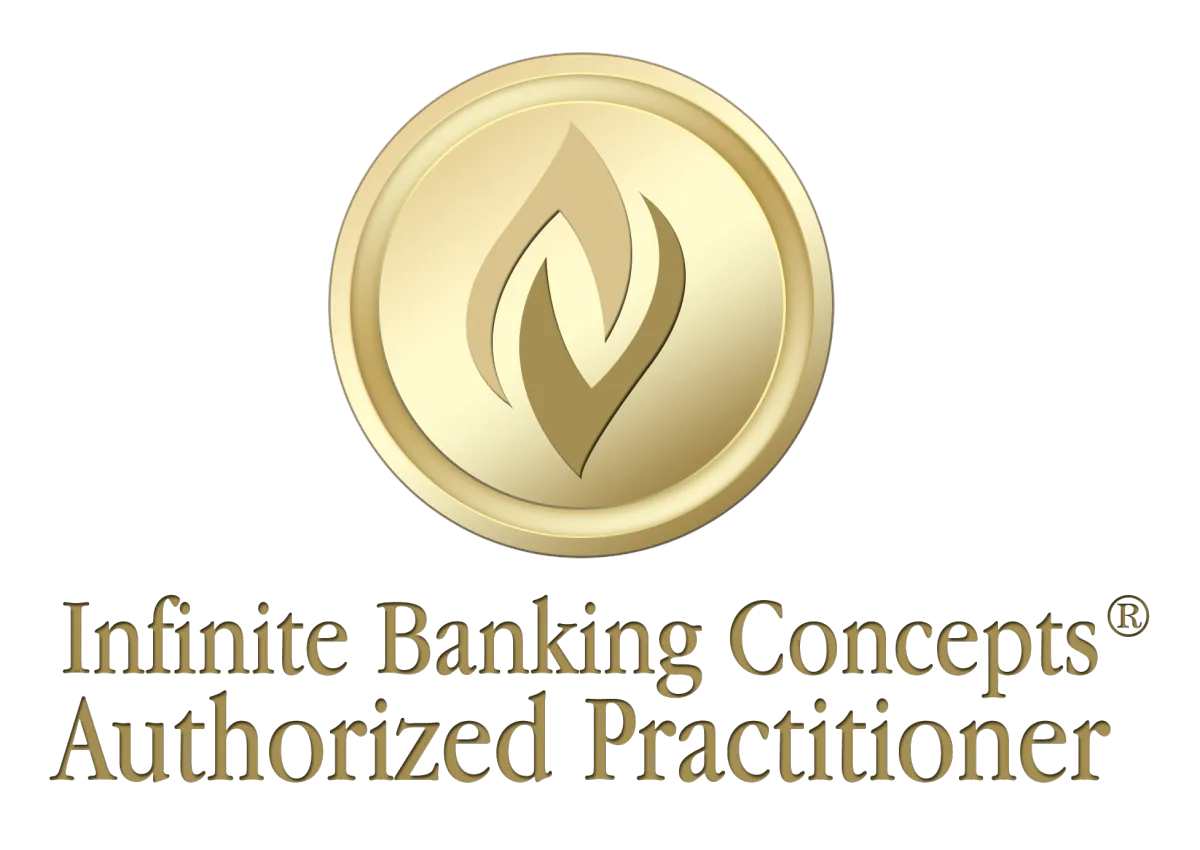
Worried About How to Pay for Your Child’s College Education? There’s A Solution that you Should Know About!
As I'm sure you all know, the financial pressures that can come with funding a child's college education have been mounting for years, and show no signs of abating.
"According to the College Board, the most recent data reveal that the cost per year for your average, private 4-year college or university in the U.S. is over $48,510.00 for 2018."
It is not out of the realm of possibility that a child born today will face tuition costs that are three to four times higher than what they are now when it's their time to attend!
It really is insane, to be honest, especially when you consider that someone like myself, who graduated from a state university in the 1980's, paid an average of under $10,000.00 per year, including everything - room & board, tuition and fees!
So what is there to do about it?
Many parents are going deep into debt in order to give their children the unique experience of going to college; taking out home equity loans, dipping into savings, maxing out credit cards, etc.
And as wonderful as the college experience can be for each individual, you're almost forced to perform a cost benefit analysis to determine if it's worth it.
Unfortunate, but true in this day and age, and lots of students themselves are taking on significant personal debt as well, especially if they go into graduate schools and the like. The majority of college education today is funded in the form of various federal and private loan programs.
Then of course there are the various 529 College Savings Plans that are popular now, which are state-managed, tax-advantaged investment accounts that parents, grandparents, relatives and friends can contribute to.
These are good plans, and my own family has had the good fortune to take advantage of this strategy, thanks to solid planning by my in-laws and their financial counsel.
That said, the real purpose of this article is to let parents know that there is what I believe to be an even better option, especially when the children are young.
And that option is cash value whole life insurance, specifically with certain mutual life insurance companies that have no stock market exposure and allow policyholders to take advantage of IBC (Infinite Banking Concepts) - more on this later.......
Here are some of the benefits of using cash value life insurance as part of your college funding plan:
1. Death benefit can provide college funding in case of premature death to a parent, not to mention stabilizing the family's financial situation. Obviously, no one wants to think about this possibility in their family, but life insurance does provide that safety net just in case of the unexpected.
2. Life insurance is not included in FAFSA (Free Application for Federal Student Aid), so you could have a significant amount of cash value in a policy and you do not have to account for it if applying for financial aid from the government.
3. The cash value in these policies grow at guaranteed rates and is not tied in any way to the stock market, so if there is a downturn, or even multiple downturns over time, your cash value is unaffected.
4. The policy owner has complete control over the policy's accumulated cash value and there are no, as in zero, restrictions on what it can be used for. So, if your child ends up not going to college for some reason or circumstances change, the cash value can be used for anything you want. And furthermore, there are no requirements or mandatory withdrawals involved like there are in 401ks, IRAs and other government programs.
What I want to emphasize here is that there are viable options to college funding that allow parents to grow, control and access a powerful cash flow management system outside of government and Wall Street control.
Let's face it, if you have your hard-earned money exposed to the stock market, you take all the risk upon yourself. The government doesn't and neither does Wall Street, they'll get their money one way or the other.
Now, the main advantage that people cite for these 529 plans are of course the fact that contributions are not taxed on the front end, which is great as long as the money is used for specific, education-only purposes and does not exceed certain amounts.
If the cost of the education for an individual is below what was contributed on their behalf, there can be a taxable event on what's left over; so the point is that these plans are fine but have lots of limitations and rules that have to be followed.
In closing....
What we teach at Private Banking Strategies is how you can achieve similar results with after-tax dollars that are much less restrictive and have the potential to grow to a much larger degree and have even greater tax advantages in the long run.
Earlier in this article I mentioned IBC (Infinite Banking Concepts), which is a way for individuals, families and businesses to take a portion of the financing function from the banks and lending institutions (and Wall Street and the government for that matter) and put it back in their control and into their lives.
The benefits are immeasurable and everyone in this country needs to know that this is an option for them, whether they choose to take advantage of it or not. This is our only goal and our mission here at Private Banking Strategies.

